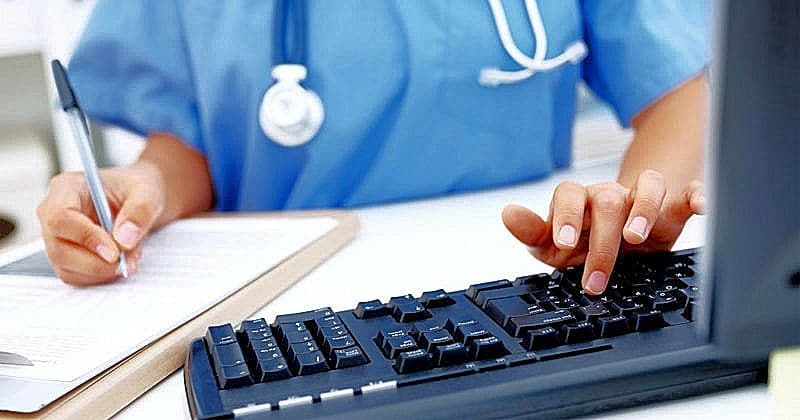(Reuters Health) - Doctors in the US who received even one free meal from a scientist were more likely to prescribe the promoted drug, even when a generic was available, according to a new study published by JAMA Internal Medicine, according to a new study published by JAMA Internal Medicine.
$73 billion is spent on drugs every year in the United States branded of which a generic equivalent is available. "Patients share $24 billion in this expense," said the study's lead author, Dr. Adams Dudley of the University of California, San Francisco.
22 giugno, 2016 – Daily Health Industry
Dr. Dudley's team analyzed industry payment data since late 2013 and that year's prescription data from physicians treating Medicare-covered patients with statins, beta-blockers, angiotensin converting enzyme inhibitors or selective serotonin and serotonin-norepinephrine reuptake inhibitors (SNRIs).
For each drug class, the researchers chose the most prescribed brand: Crestor (rosuvastatin), Bystolic (nebivolol), Benicar (olmesartan), and Pristiq (desvenlafaxine). Nearly 280,000 physicians have received a total of more than 60,000 grants associated with these four drugs. The vast majority of those payments, 95%, were in the form of offered meals, averaging less than $20 each. Nearly 9% of statin prescriptions were for rosuvastatin. The other drugs considered in the study were prescribed less frequently.
However, doctors who received even one meal offered by the manufacturer of one of these drugs were more likely to prescribe it instead of a generic alternative than those who were not offered anything. As the number and value of meals increased, so did their prescribing rates, according to a report in JAMA Internal Medicine.
"Lunch and beverage provision is the industry's most frequent way of engaging with physicians in the United States, totaling approximately $225 million in 2014, the most recent year for which data are available," he said. Robert Steinbrook, editor at JAMA Internal Medicine and professor at Yale University School of Medicine.
“The study does not clarify whether the offering of meals led doctors to change their prescribing patterns,” Steinbrook continued, “but normal human behavior is characterized by reciprocity. Often a sales representative presents a new or existing drug to a doctor at a lunch or snack offered by him. The tipster will focus on the positive aspects of the drug they are promoting, rather than talking about how it has no benefits over a generic. Sometimes, these are the only times a doctor gets to know about new pharmaceutical developments, at least in the United States.”
The American Medical Association limits gifts to physicians to a maximum of $100, and many academic medical centers do not allow access to drug sales representatives. “We should be advising drug and medical device manufacturers to spend less on product promotion and more on bona fide, independent research on safety, efficacy and affordability,” Steinbrook concluded.
Source: Reuters Health News
(Italian version for Daily Health News)
Related news: Pharmaceutical Industry–Sponsored Meals and Physician Prescribing Patterns for Medicare Beneficiaries
Whistleblowers influence the prescription. As? With sticky notes and pens
USA. Activated a database that records contacts between doctors and pharmaceutical companies
Transparency operation for Italian pharmaceuticals: company payments to doctors online from June
«The relationship between companies and doctors cannot be eliminated. But transparency is needed
Healthcare, what Farmindustria's transparency code will reveal about doctors
